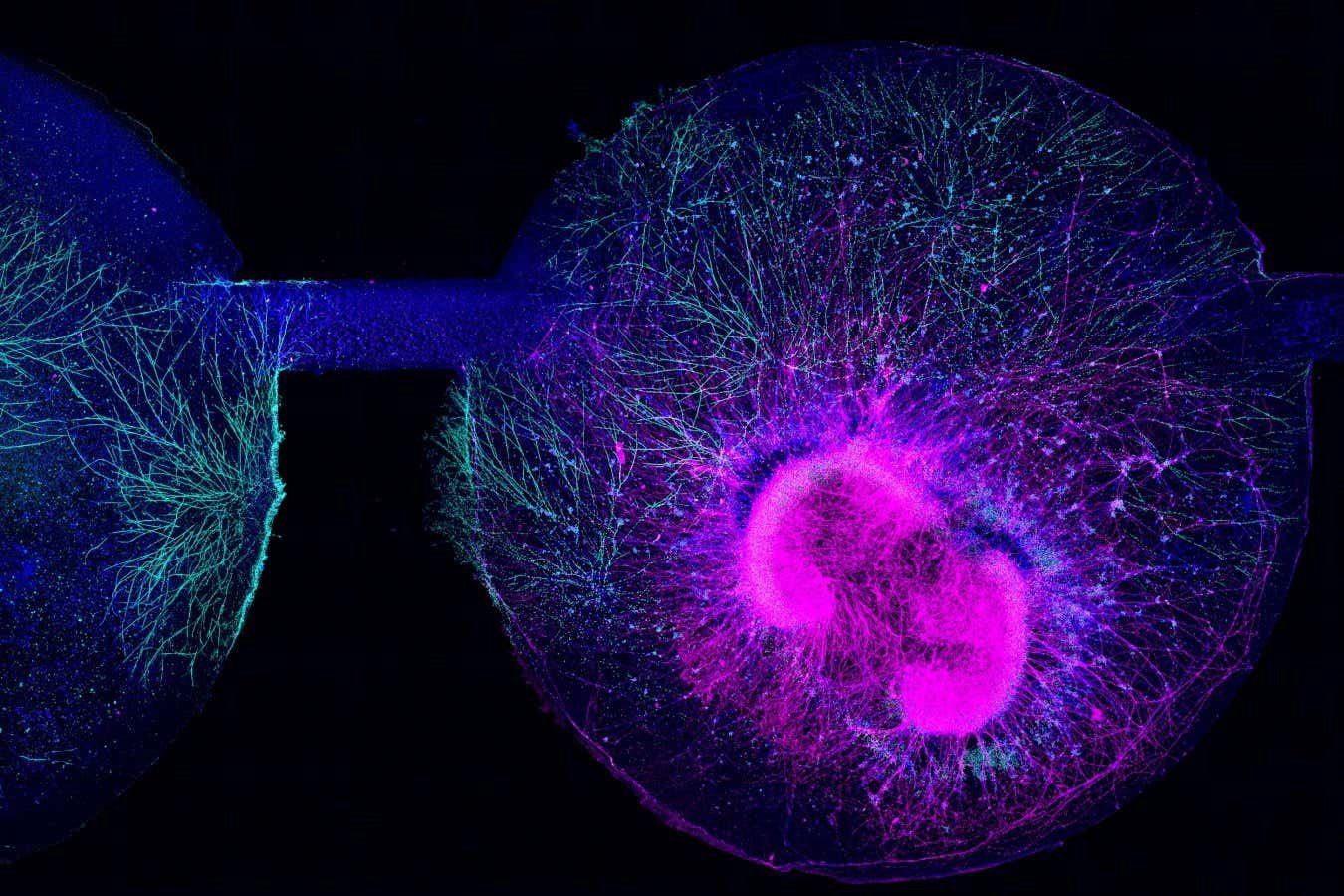
Brain organoids derived from human embryonic stem cells being grown in the lab
ARTHUR CHIEN/SCIENCE PHOTO LIBRARY
Human “mini-brains” that contain 80 per cent of the cell types in a 40-day-old fetal brain have been created by fusing different organoids together.
“We’re getting to the point that we are getting closer to the fetal brain,” says Annie Kathuria at Johns Hopkins University in Maryland. The reason for doing this is to create organoids that are better suited for studying conditions such as autism and schizophrenia, which is hard to do in animals, she says.

Felecia Phillips Ollie DD (h.c.) is the inspiring leader and founder of The Equality Network LLC (TEN). With a background in coaching, travel, and a career in news, Felecia brings a unique perspective to promoting diversity and inclusion. Holding a Bachelor’s Degree in English/Communications, she is passionate about creating a more inclusive future. From graduating from Mississippi Valley State University to leading initiatives like the Washington State Department of Ecology’s Equal Employment Opportunity Program, Felecia is dedicated to making a positive impact. Join her journey on our blog as she shares insights and leads the charge for equity through The Equality Network.




